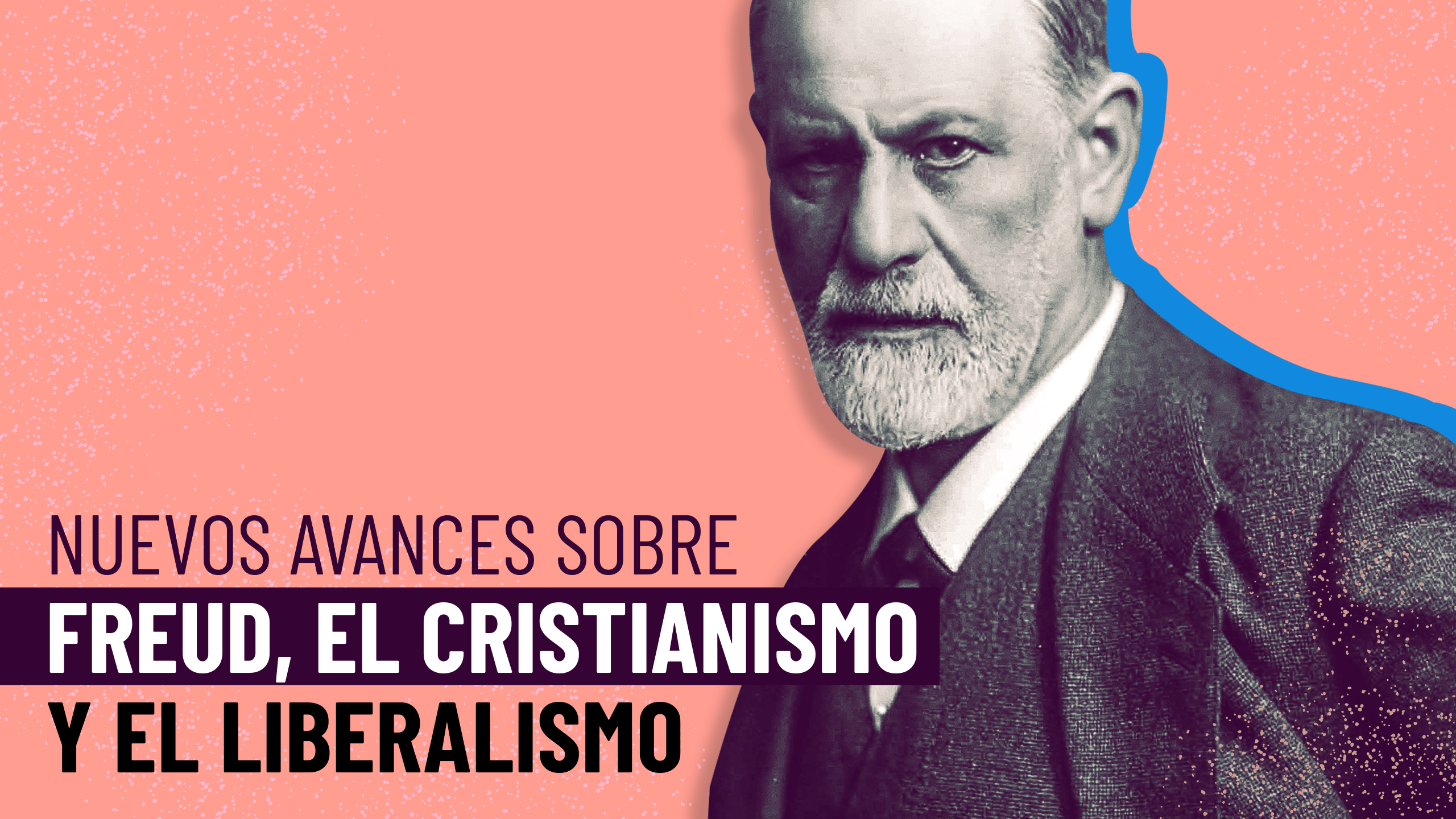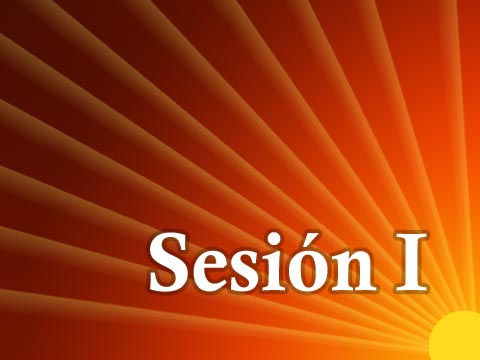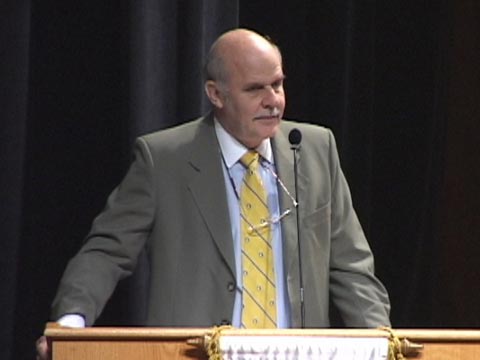About this videoThe global financial crisis has had a serious impact on many national economies including Iceland's. Iceland is a small country whose principal economic activity is fishing. Despite being part of the European Union, it exerts relatively little influence in world politics and has no military power. In this conference, Birgir Pétursson explains some of the economic, financial, and social conditions that allowed this country to achieve the levels of wealth attained in 2003–2004, and what happened to its economy when the financial bubble burst. He also discusses how the actions of central banks around the world, in reacting to the crisis, affected many other countries. According to Pétursson, the world's current economic situation was brought about by human error and a lack of foresight. Finally, he shares his views on the future of Iceland's and the world's economies. |
|
CreditsFinancial Crisis in Iceland | |











